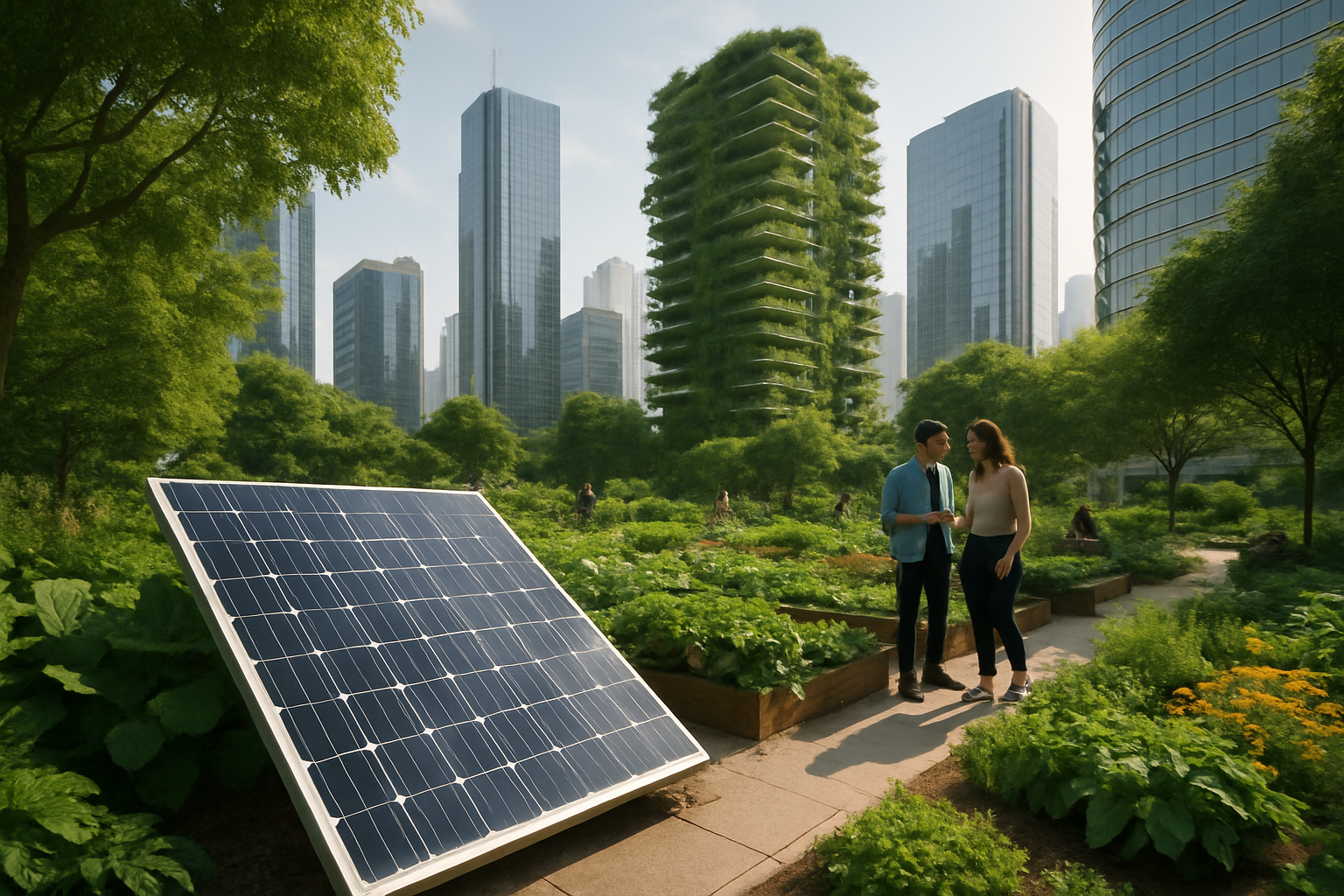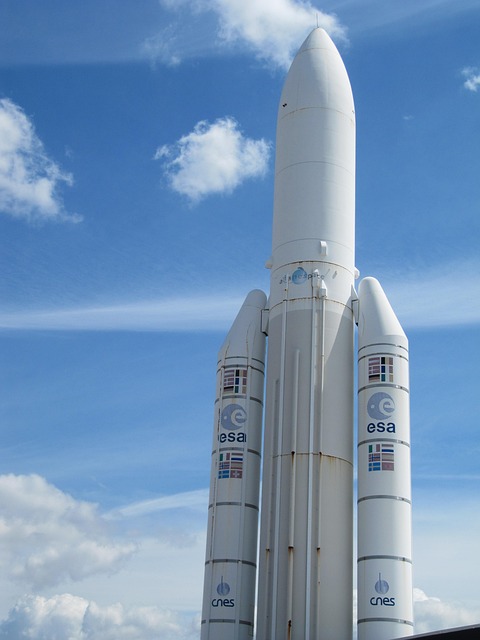Botanical Gardens: Cultivating Urban Ecosystems
In an era of rapid urbanization and environmental concern, botanical gardens are emerging as vital green sanctuaries within city limits. These living museums serve as repositories of biodiversity, hubs for scientific research, and oases of tranquility amidst concrete jungles. As urban dwellers seek respite from the frenetic pace of modern life, botanical gardens are evolving to meet new challenges and expectations, offering innovative programs and experiences that blend education, conservation, and recreation.

From Collection to Conservation
The role of botanical gardens has evolved significantly over the centuries. While they continue to serve as living museums, showcasing diverse plant species, their mission has expanded to encompass critical conservation efforts. Many botanical gardens now participate in international seed banks and breeding programs for endangered species. The Millennium Seed Bank Partnership, led by Kew Gardens, aims to safeguard 25% of the worlds bankable plant species by 2020, highlighting the pivotal role these institutions play in preserving global biodiversity.
Educational Hubs for Environmental Awareness
Modern botanical gardens serve as dynamic educational centers, offering a wide array of programs for visitors of all ages. From guided tours and workshops to citizen science initiatives, these green spaces provide hands-on learning experiences that foster environmental stewardship. The Eden Project in Cornwall, UK, takes this concept to new heights with its iconic biomes, immersing visitors in recreated ecosystems and demonstrating the intricate connections between plants, people, and the planet.
Integrating Technology and Nature
As technology becomes increasingly ubiquitous, botanical gardens are finding innovative ways to enhance visitor experiences and engage younger generations. Augmented reality apps allow visitors to access detailed information about plants and their ecosystems simply by pointing their smartphones at specimens. Virtual tours and live streams enable people to explore gardens from afar, democratizing access to these green spaces. The Singapore Botanic Gardens, a UNESCO World Heritage site, has embraced this digital transformation, offering interactive exhibits and online resources that complement its lush physical landscape.
Urban Planning and Green Infrastructure
Botanical gardens are playing a crucial role in urban planning and sustainable development. As cities grapple with the effects of climate change, these institutions are at the forefront of research into green infrastructure solutions. Rooftop gardens, vertical forests, and urban food production are just a few areas where botanical gardens are contributing expertise. The Brooklyn Botanic Garden, for instance, has implemented innovative stormwater management systems that serve as a model for urban water conservation.
Therapeutic Landscapes for Well-being
The healing power of nature is increasingly recognized in healthcare and mental health fields. Botanical gardens are partnering with medical institutions to develop therapeutic horticulture programs and healing gardens. These initiatives cater to diverse populations, from children with special needs to elderly individuals with dementia. The Chicago Botanic Garden Buehler Enabling Garden exemplifies this trend, offering accessible spaces and programs designed to improve physical and mental well-being through engagement with plants.
Conclusion
As we navigate the complexities of the 21st century, botanical gardens stand as beacons of hope and innovation. These verdant sanctuaries are evolving beyond their traditional roles, becoming multifaceted institutions that address pressing global challenges. From conservation and education to urban planning and healthcare, botanical gardens are cultivating solutions for a sustainable future. By fostering connections between people and plants, these living museums inspire wonder, promote environmental stewardship, and nurture the seeds of change in our rapidly changing world.





